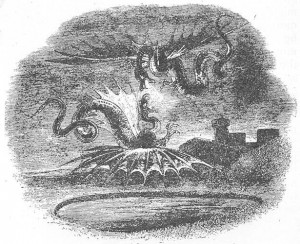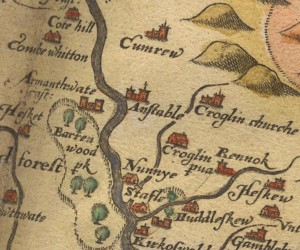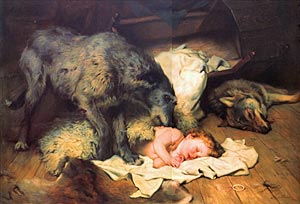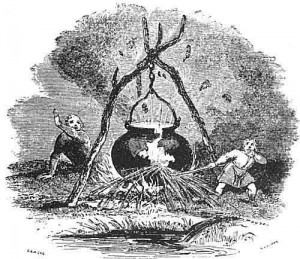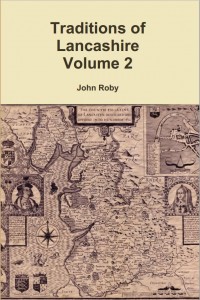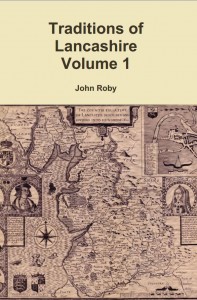The Prophesy of Merlin – John Reade (1870)
Sir Bedivere, in silence, watched the barge
That bore away King Arthur to the vale
Of Avalon, till it was seen no more.
Then, on the beach, alone amid the dead,
He lifted up his voice and sorely wept
” Alas ! ” he cried, ” gone are the pleasant days
At Camelot, and the sweet fellowship
Of noble knights and true, and beauteous dames
Who have no peers in all the living world,
Is quite dissolved for ever, and the King
Has gone and left none like him among men.
O happy, thrice and fourfold, ye who rest,
Both friends and foemen, in one peaceful bed,
While I am sick at soul and cannot die !
Oh ! that the battle might be fought again !
Then would I surely seek the way to death,
And bleed and sleep like you, and be at peace.
Read more »

